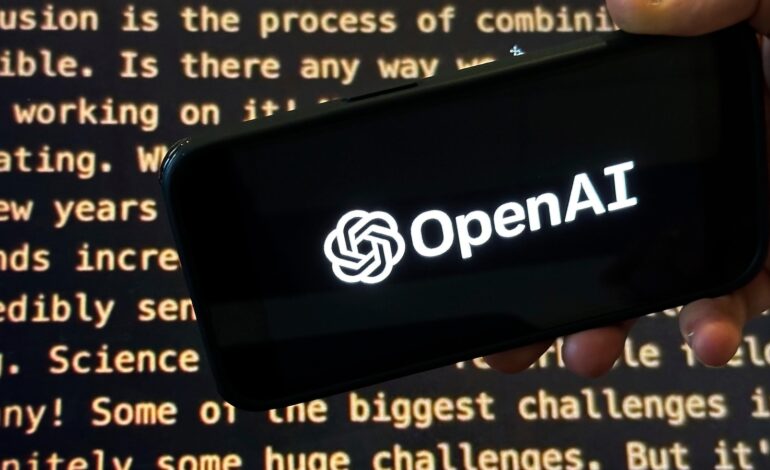
Ex-OpenAI Workers Oppose ChatGPT Maker’s Move to Become For-Profit
A group of former OpenAI employees has taken action to challenge the company’s decision to convert into a for-profit entity. They are seeking intervention from California and Delaware Attorneys General, voicing concerns over the ethical and legal implications of this transformation. This article delves into the motivations and potential repercussions of this move.
The Origins of OpenAI’s for-Profit Conversion
OpenAI, initially founded as a nonprofit with the mission to ensure AI technologies benefit humanity, has faced criticism due to its recent conversion to a for-profit entity. This decision stems from the need to secure funding and resources to advance its AI research. However, this move has sparked debates over its alignment with the company’s original mission.
Concerns Raised by Former Employees
Former OpenAI workers have expressed their apprehensions regarding the potential impacts of this conversion. They fear it could lead to prioritizing profit over ethical considerations, potentially compromising the safety and accessibility of AI advancements. Their appeal to the Attorneys General emphasizes the need for transparency and adherence to initial commitments.
Legal and Ethical Implications
The transition to a for-profit model not only raises ethical questions but also legal ones. The former employees argue that this shift might not align with the foundational charters under which OpenAI was established. They urge for a thorough examination of legal parameters to ensure compliance and accountability.
Public Reaction and Future Prospects
The public reaction to OpenAI’s conversion has been mixed, with some supporting the potential for accelerated funding and innovation, while others share the former employees’ concerns. The future of OpenAI hinges on balancing commercial interests with its overarching goal of ethical AI proliferation.
Conclusão
The appeal by former OpenAI workers highlights a critical moment in the company’s evolution. As OpenAI navigates its transformation into a for-profit entity, it faces significant ethical and legal challenges. The outcome of this case could set a precedent affecting how tech companies balance innovation with ethical obligations.





